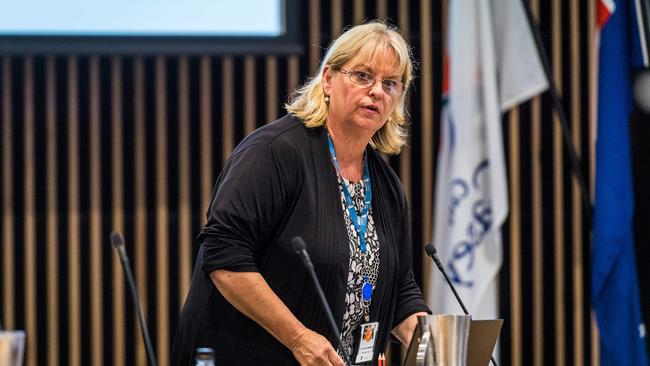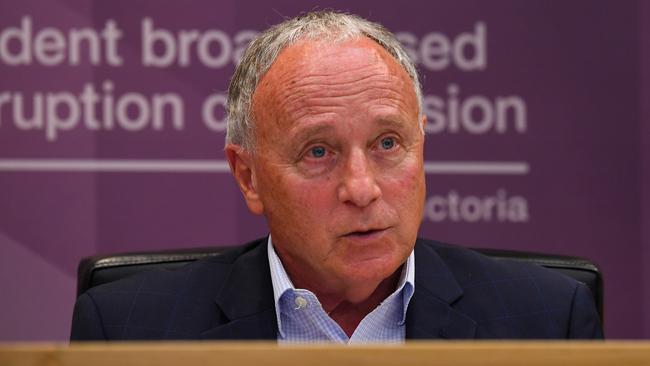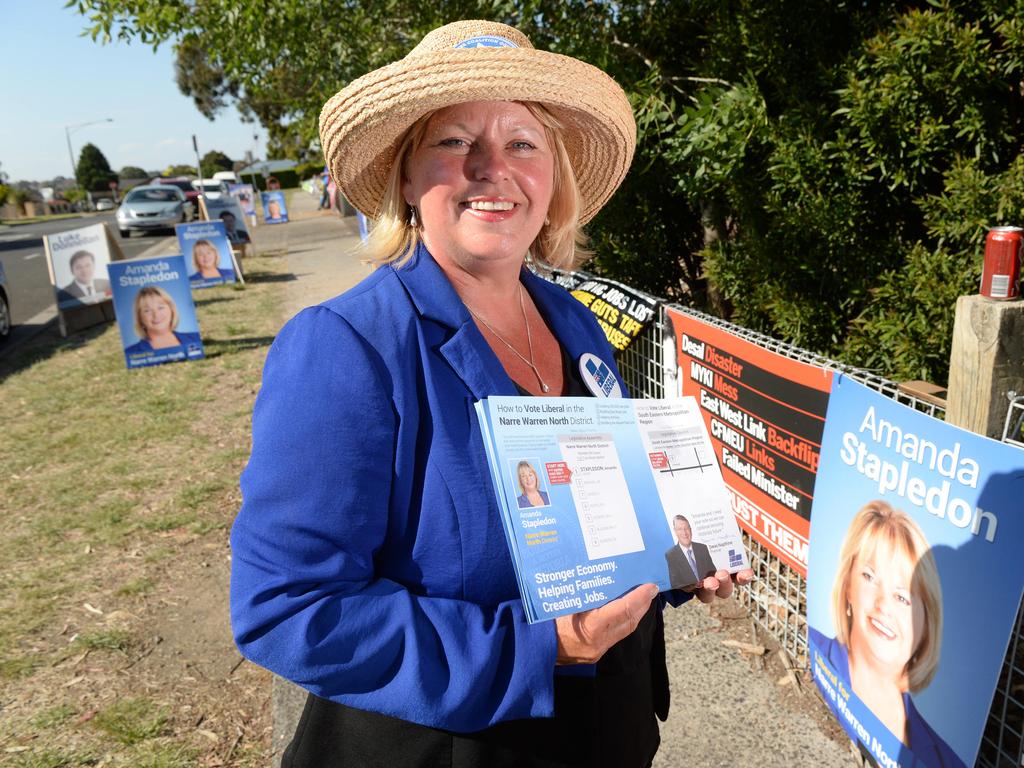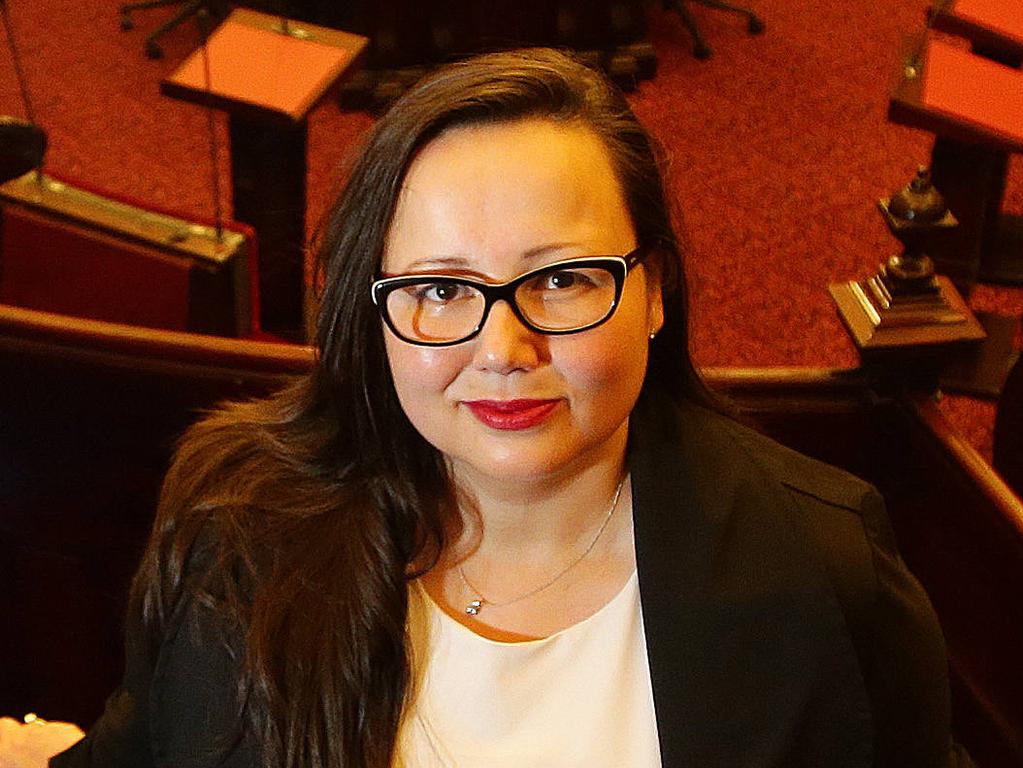Victorian Labor betrayal: witnesses slam IBAC inquiry
A key target of an anti-corruption investigation blamed for the suicide of an ex-mayor has accused a parliamentary committee of ‘snubbing’ witnesses.

A key target of an anti-corruption investigation blamed for the suicide of an ex-mayor has accused a parliamentary committee of “snubbing” witnesses.
Former Casey mayor Sam Aziz has claimed the Labor-led integrity and oversight committee betrayed witnesses during its inquiry into the welfare record of Victoria’s Independent Broad-based Anti-corruption Commission and other integrity agencies.
Despite the committee, then chaired by Labor MP Harriet Shing, inviting witnesses to make submissions it ultimately refused to let them testify and suppressed their evidence.
“We have a committee that conducted an inquiry into witness welfare, published a report on witness welfare, and made recommendations on witness welfare, but at no stage did that committee hear from any witnesses,” Mr Aziz said.

“They invited us to make submissions, but turned around and snubbed us. Had they bothered to listen they would have heard how we lost Amanda, how jobs have been lost, how reputations are in ruins, how marriages have fallen apart and how lives have been destroyed.”
Mr Aziz dismissed the committee’s recommendation as “platitudes” that failed to deliver any substantial reform to better protect the welfare of witnesses.
Ex-Casey mayor Amanda Stapledon, 58, took her life in January, just a few days after receiving IBAC’s draft Operation Sandon report into her alleged role in allegedly corrupt land deals involving a developer and councillors.
Supporters blame IBAC for her death, claiming the humiliation of her public examination left her depressed, isolated and paranoid about going to jail.
In its 220-page report tabled on Thursday, the integrity and oversight committee recommended that IBAC and the Victorian Inspectorate – the body that monitors the conduct of the watchdog – strengthen welfare policies in the wake of Stapledon’s suicide.
The recommendations call for enhanced monitoring of the mental health of witnesses and could impose more regulations around public hearings held by IBAC.
IBAC, the committee has recommended, could improve trust with the public by better explaining its decisions to hold public examinations and issue confidentiality orders.
The committee said its inquiry, which was plagued with allegations of political interference from the Premier’s office, had identified three best practice principles for witness welfare management:
The need for welfare support to be clearly explained, provided throughout the entire investigation, and provided by persons with clinical expertise and experience. “The need for mental health expertise to inform the design and application of witness welfare management policies, (including the identification and management of mental health risks) is the golden thread,” it found.
The inquiry was engulfed in controversy when Ms Shing shut down a hearing to stop Liberal MPs asking IBAC commissioner Robert Redlich why Daniel Andrews was allowed to testify in private about his links with a Casey developer.
“What was once an area of bipartisan agreement has been reduced by Labor committee members to a state of disorder that prioritises political and self-interest over integrity and truth,” Liberal MP Brad Rowswell said. The VI has agreed to an independent review of its welfare policies.
Among key recommendations was ensuring IBAC and the VI provided telephone and online mental health crisis services and to make it easier for witnesses hit with confidentiality notices to disclose a restricted matter to a telephone or online helpline.
The IBAC Act should also be amended to allow it to develop tighter guidelines and definition of what constitutes “unreasonable damage to a person’s reputation, safety or wellbeing”, which the agency must currently consider in holding a public or private hearing. IBAC should also release a report explaining its decision to hold a public hearing, “providing a description of the exceptional circumstances that led to the decision, the public interest … and consideration given to risks that any person’s reputation would be damaged”.







